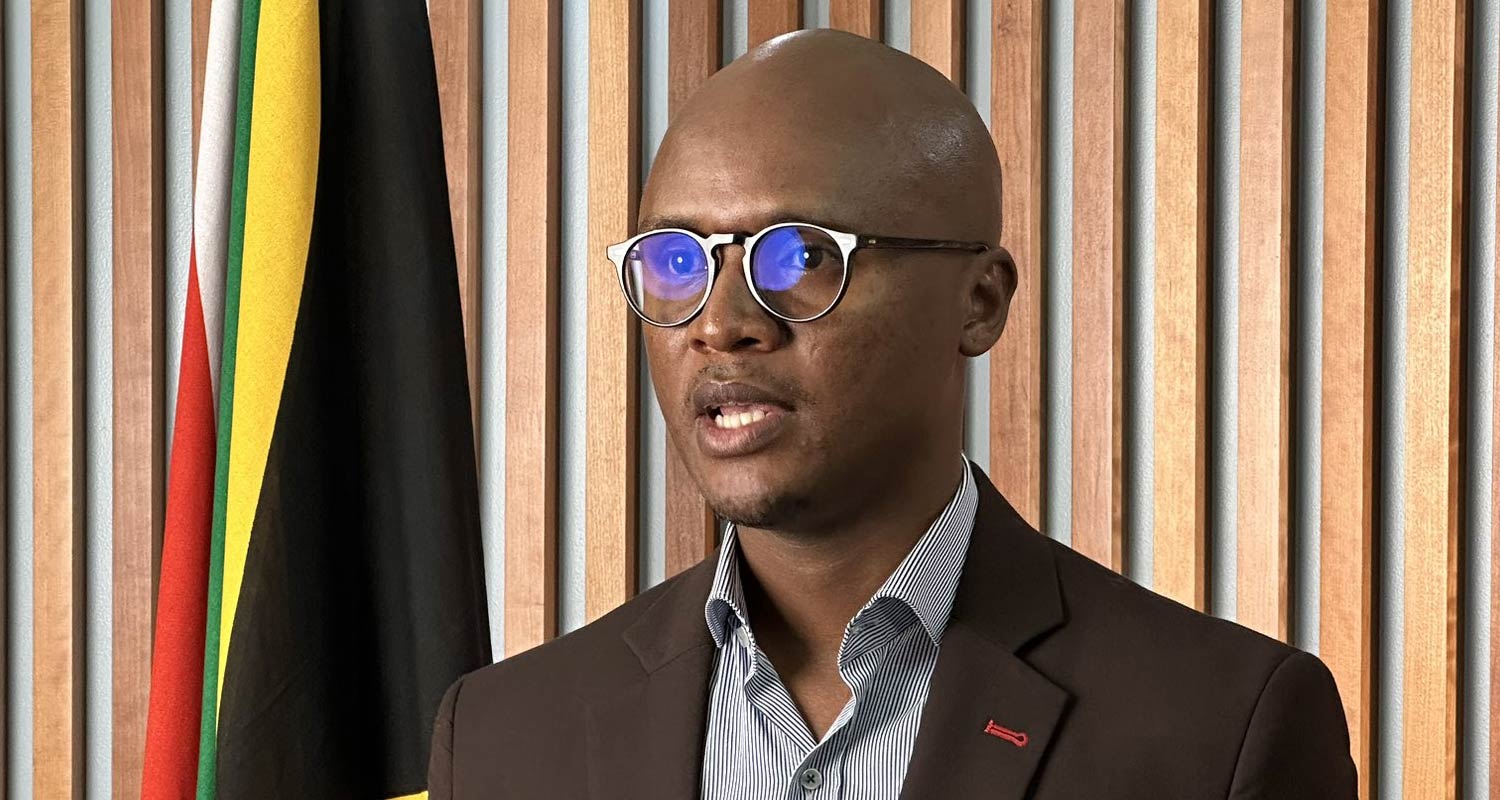The slow pace of government machinery is likely to put a dampener on excitement about Starlink’s launch in South Africa, even if new rules around black economic empowerment are introduced.
Speaking at the Wapaloza conference hosted by the Wireless Access Providers’ Association on Tuesday, Dominic Cull, a regulatory expert at communications sector legal advisory firm Ellipsis, said it will be at least two years before new regulations will be in place to allow for equity equivalents – and even that prediction is optimistic.
“On average, it takes a minimum of five years to develop a piece of legislation in South Africa and another three years to translate that into a regulatory framework that is enforceable and applicable,” Cull said.
“Optimistically – and there is no historical precedent justifying optimism in this case – it will be another 18 months to two years before Icasa is ready with a regulatory framework on EEIPs (equity equivalence investment programmes). So, Starlink’s application, if they are still interested, will realistically come towards the end of 2027.”
Communications minister Solly Malatsi in May issued a draft policy to communications regulator Icasa in which he wants the regulator to explore how EEIPs – already used extensively in other sectors of the economy – could be introduced in ICT sector licensing.
Malatsi said his rationale is to provide companies looking to invest in the sector with an alternative to a requirement that they either sell or relinquish a 30% stake to previously disadvantaged persons in compliance with broad-based black economic empowerment imperatives.
Fierce resistance
The move was met with fierce resistance from Malatsi’s ANC counterparts, including the chair of parliament’s portfolio on communications Khusela Diko. Diko accused Malatsi, a Democratic Alliance MP, of seeking to introduce EEIPs only to create a shortcut for Starlink to obtain an operating licence in South Africa, an accusation he has denied. She also accused Starlink of wanting to bypass local rules, saying many satellite operators have obtained their operating licences by complying with the laws as they currently stand.
Read: Malatsi insists BEE directive is not a shortcut for Starlink
Malatsi’s publication of the draft policy direction came just two days after South African billionaire Johann Rupert – as part of a White House delegation led by President Cyril Ramaphosa – told US President Donald Trump that South Africa “needs Starlink” and other American technology to combat the scourge of violent crime in the country. Malatsi was then called to parliament where the timing of his directive was questioned.
“This work predates the events of last week and was the third layer of the events culminating in the gazette,” Malatsi told parliament. “I want to be clear that it is not about introducing a dispensation for any individual nor any company nor about introducing preference.”

According to Cull, the political back and forth will continue as Icasa and parliament engage in the process of amending the rules to introduce EEIPs in the ICT sector, likely dragging the process out even longer.
“What Starlink perhaps is not taking into account is just how slowly things move here,” said Cull. – © 2025 NewsCentral Media
Get breaking news from TechCentral on WhatsApp. Sign up here.

